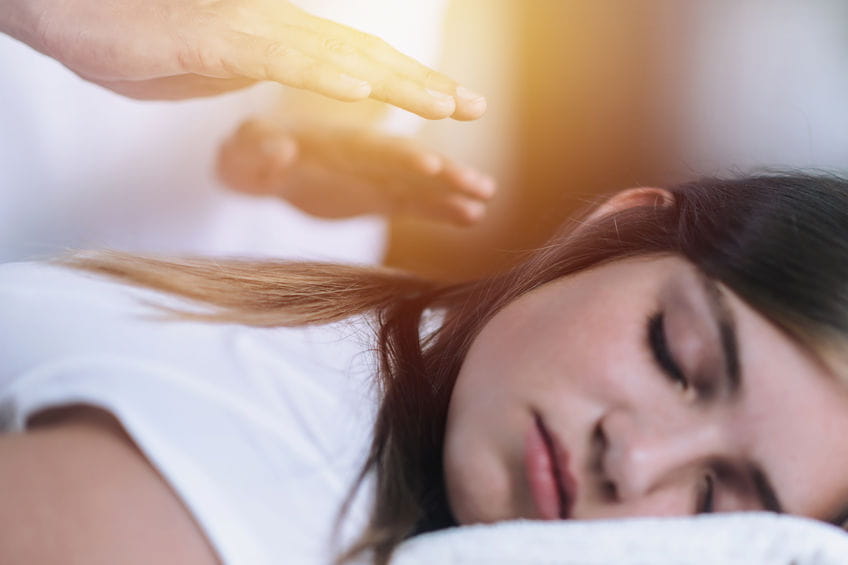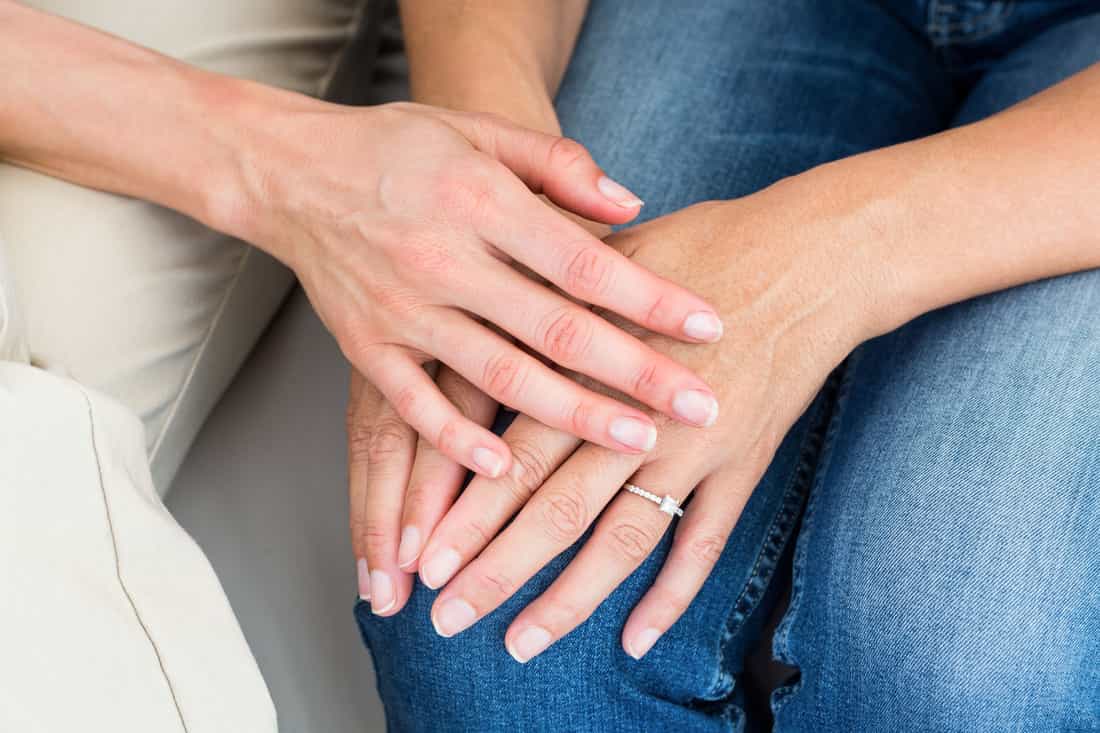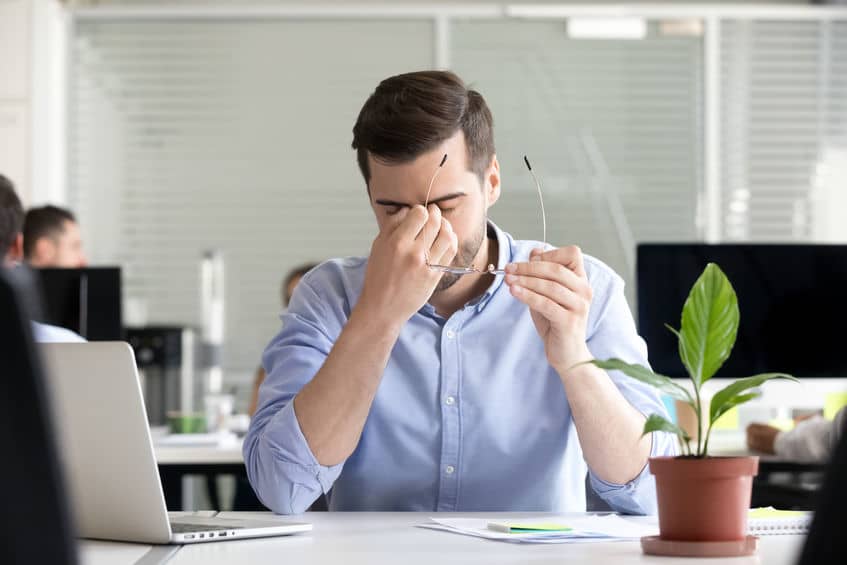Recovering from addiction is more than just stopping substance use, it’s about rebuilding the body, calming the mind, and healing the spirit. While traditional treatments like therapy, support groups, and medication are critical, many people also find strength and relief through holistic practices. One such method that’s gaining attention is Reiki energy healing.
Reiki is a gentle, non-invasive form of energy work that supports the body’s natural healing process. In addiction recovery, Reiki can help reduce stress, release emotional trauma, and bring a sense of peace making it a powerful companion on the path to long-term sobriety.
What Is Reiki?
Reiki (pronounced “ray-key”) is a Japanese healing technique that involves channeling universal energy through the hands. The word Reiki comes from two Japanese words: “Rei,” meaning universal or spiritual, and “Ki,” meaning life force energy.
During a Reiki session, the practitioner lightly places their hands on or just above different parts of the body. The goal is to remove energetic blockages, restore balance, and promote a deep sense of relaxation.
Reiki is not a religion or belief system. It works with the body’s own energy, similar to how acupuncture or acupressure supports healing through energetic pathways.
How Reiki Supports Addiction Recovery
Addiction doesn’t only affect the body. It also disrupts the nervous system, emotional balance, and the energy field. Many people in recovery experience anxiety, guilt, shame, insomnia, or a feeling of being disconnected from themselves.
Reiki offers a safe, calming way to address these deeper layers of healing.
Calms the Nervous System
Addiction often leaves the nervous system in a constant state of fight-or-flight. This can lead to restlessness, panic, or difficulty sleeping. Reiki helps shift the body into the parasympathetic state, also known as “rest and digest,” which supports deep healing.
A study published in Journal of Evidence-Based Complementary & Alternative Medicine found that Reiki significantly reduced heart rate, blood pressure, and anxiety levels, showing its calming effects on the nervous system (Diaz-Rodriguez et al., 2011).
Supports Emotional Release
Many people turn to substances to numb emotional pain, grief, trauma, or inner wounds. As the body detoxifies, these feelings often resurface. Reiki can help gently release stored emotions without re-traumatizing the person.
Clients often describe feeling lighter or more emotionally open after a session. Some may cry, feel warmth, or experience a peaceful stillness. These are signs that energy is shifting and healing is taking place.
Builds Mind-Body Awareness
One of the greatest gifts of Reiki is how it helps individuals ”reconnect with their body”. Addiction can create a sense of disconnection or shame. Reiki fosters gentle awareness and encourages the person to feel safe in their own body again.
This mind-body connection is crucial in recovery, where learning to sit with discomfort without reaching for a substance, and is part of the healing process.
Enhances Spiritual Connection
Many recovery paths emphasize a spiritual component, connecting with something greater than oneself. Reiki can support this through a direct experience of inner peace and energetic flow.
Even for those who don’t identify as spiritual, Reiki offers a sense of inner quiet and grounding that can be deeply healing.
What to Expect in a Reiki Session
- Setting: A quiet, comfortable space. Fully clothed, often lying on a massage table.
- Touch: Light, non-invasive touch on or just above the body.
- Experience: You may feel warmth, tingling, waves of relaxation, or emotional release.
- Duration: Sessions usually last 45–60 minutes.
There is no right or wrong experience and each person’s session is unique. The effects often build over time, especially when combined with other recovery practices.
Reiki as Part of a Holistic Recovery Plan
Reiki is not a replacement for medical or psychological treatment. Instead, it is a complementary therapy that enhances traditional approaches by:
- Helping reduce withdrawal symptoms.
- Supporting emotional regulation between therapy sessions.
- Easing physical pain or tension.
- Encouraging self-care and stress management.
Many holistic recovery centers now offer Reiki alongside counseling, nutrition, yoga, and group therapy, reflecting a whole-person approach to healing.
Scientific Support for Reiki
While energy healing is often seen as alternative, research is growing. In addition to its calming effects on anxiety and pain, a 2020 review in Healthcare (Basel) found that Reiki may improve overall quality of life in people managing chronic stress or emotional disorders (McManus, 2020).
These findings point to Reiki’s value as a supportive, non-pharmaceutical tool in complex healing journeys like addiction recovery.
Final Thoughts
Addiction recovery is a layered process. It’s not just about stopping the substance, it’s about reconnecting with yourself, reclaiming your body, and finding inner peace.
Reiki offers a gentle invitation to slow down, breathe, and open to healing one session, one breath, one moment at a time.
Whether you’re in early recovery or years into your journey, Reiki can be a supportive hand along the way. Because healing isn’t just physical, it’s energetic, emotional, and spiritual too.
Sources
- Diaz-Rodriguez, L., et al. (2011). The psychological and physiological effects of Reiki on clinical and healthy populations: A systematic review of randomized clinical trials. Journal of Evidence-Based Complementary & Alternative Medicine, 16(1), 19–27.
McManus, D. E. (2020). Reiki Is Better Than Placebo and Has Broad Potential as a Complementary Health Therapy. Healthcare (Basel), 8(1), 6. [https://doi.org/10.3390/healthcare8010006](https://doi.org/10.3390/heal










